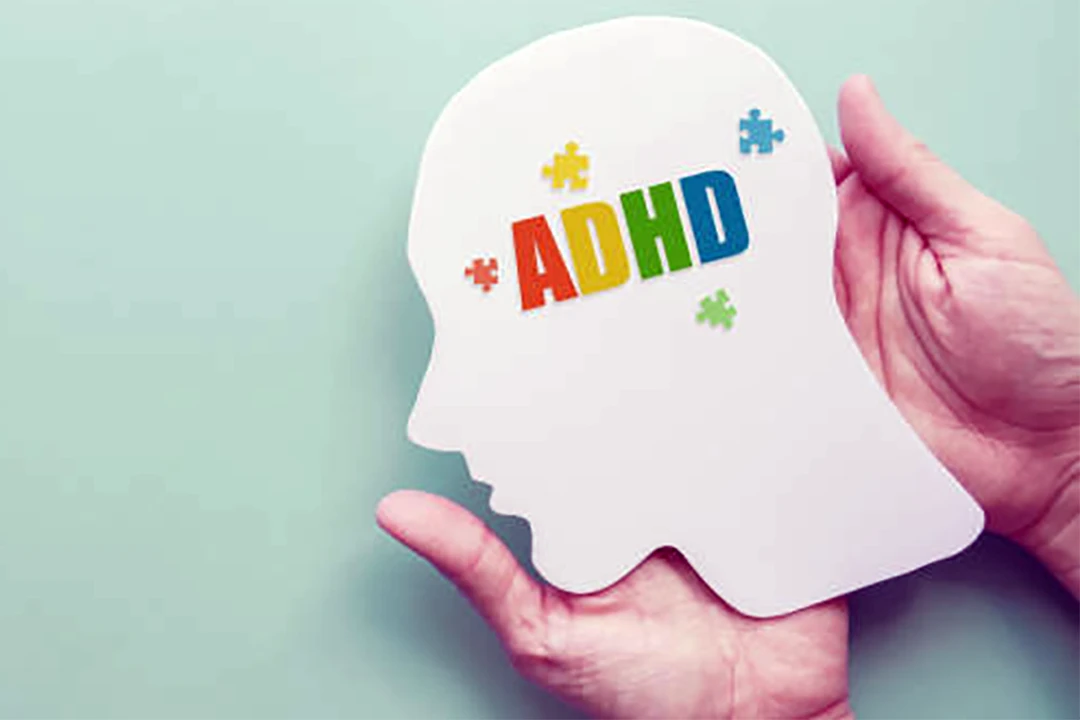
Navigating life with ADHD can be quite the journey, especially for adults who may have been undiagnosed throughout their childhood. ADHD in adults can manifest differently compared to children, often appearing as difficulties with organization, time management, and maintaining focus in both professional and personal settings. The journey to understanding and managing ADHD involves recognizing symptoms, obtaining a formal diagnosis, and exploring treatment options that cater specifically to adults.
First Steps to Diagnosis: Recognizing Adult ADHD
Recognizing the symptoms of ADHD in adults is the crucial first step in the diagnostic journey. In many adults, ADHD manifests as difficulty with organization, chronic lateness, impulsivity, and an inability to prioritize tasks effectively. These symptoms often lead to significant disruptions in personal and professional life, contributing to relationship issues and underperformance at work. This section explores how these symptoms may present differently than in children and what adults can look out for when considering if they might have ADHD. It also delves into the emotional impact, such as feelings of frustration and low self-esteem, which are commonly reported by undiagnosed adults.
Choosing the Right Path: Public vs. Private Diagnosis
Choosing between public and private routes for ADHD diagnosis involves considering various factors including cost, waiting times, and the nature of care provided. This part discusses the pros and cons of both pathways. Public health services may offer cost-effective solutions but often with longer waiting times, which can delay diagnosis and treatment. On the other hand, private healthcare providers typically offer quicker appointments and more personalized care but at a higher cost. Understanding these options helps in making an informed decision based on personal circumstances and needs.
What Does a Private Assessment Involve?
A private ADHD assessment involves detailed evaluations conducted by specialists who are experienced in diagnosing ADHD. This section describes the typical components of a private assessment including initial consultations, comprehensive psychological testing, and possibly neuropsychological evaluations to rule out other conditions. The process is designed to gain a holistic view of the individual’s mental health, looking at past and present symptoms, lifestyle factors, and any co-existing disorders. The benefits of such thorough assessments include a more accurate diagnosis and a tailored treatment plan.
How to Prepare for an ADHD Assessment
Preparation for an ADHD assessment can significantly influence its success. This part provides a comprehensive guide on how to prepare, including gathering any previous mental health records, jotting down observations about one’s own behaviour and symptoms, and possibly talking to family members about their observations. It also suggests making a list of questions to ask the assessor, which can help clarify expectations and understand the next steps after the assessment.
Treatment Pathways After Diagnosis
Once diagnosed, a range of treatment options become available, each tailored to the individual’s specific needs. This section covers the primary treatment modalities for adult ADHD, including pharmacological treatments, behavioural therapies, and psychoeducation. It discusses the importance of a multi-modal treatment approach that combines medication with psychotherapy, skills training, and sometimes, coaching. The goal of this comprehensive treatment plan is not only to manage symptoms but also to improve overall functioning and quality of life.
The Financial Aspect of ADHD Diagnosis and Treatment
The costs involved in diagnosing and treating ADHD can be substantial, especially in private healthcare settings. This segment provides an overview of typical costs associated with private assessments, ongoing therapy sessions, and medication. It also offers practical advice on managing these expenses, such as exploring insurance coverage options, discussing payment plans with healthcare providers, and finding financial assistance programs if available.
Harnessing Technology to Manage ADHD
Technology offers various tools that can help manage the daily challenges associated with ADHD. This part introduces several technological solutions like apps for time management, reminder systems, and productivity tools designed specifically for those with ADHD. It explores how these tools can complement traditional treatments by helping individuals organize their lives, reduce forgetfulness, and maintain focus.
The Impact of Lifestyle on ADHD
Lifestyle changes can play a significant role in managing ADHD symptoms. This section delves into how diet, exercise, and sleep affect ADHD, providing guidance on how to implement healthy habits that can help mitigate symptoms. It also discusses the importance of regular physical activity, which has been shown to improve focus, decrease impulsivity, and stabilize mood.
Support Systems and Community
Having a robust support system is vital for individuals with ADHD. This part emphasizes the importance of building and maintaining a support network, including family, friends, healthcare professionals, and peer support groups. It highlights the benefits of connecting with others who understand the challenges of living with ADHD, offering practical advice on how to find and engage with support groups both in person and online.
Long-Term Management Strategies
ADHD is a lifelong condition, and managing it effectively requires ongoing effort and adjustments in treatment plans. This final section outlines strategies for long-term management of ADHD, including regular follow-ups with healthcare providers, continuous education about the disorder, and self-monitoring techniques to manage symptoms. It encourages individuals to stay proactive in their treatment and adapt strategies as their needs change over time, ensuring sustained progress and well-being.
Managing adult ADHD requires a comprehensive understanding of both the condition itself and the various resources available for diagnosis and treatment. Private assessments, like those offered through services at Augmentive.io, provide a bespoke route to not only diagnosing but also managing ADHD with tailored care plans. Such services can significantly streamline the process, connecting individuals with specialists who are equipped to handle the unique challenges faced by adults with ADHD.
The journey through understanding, diagnosing, and managing ADHD is deeply personal and varies from one individual to another. Embracing a proactive approach and making informed choices about treatment options and lifestyle changes can lead to significant improvements in daily functioning and overall well-being. With the right tools and support, individuals with ADHD can harness their strengths and navigate challenges effectively.
Comments
comments